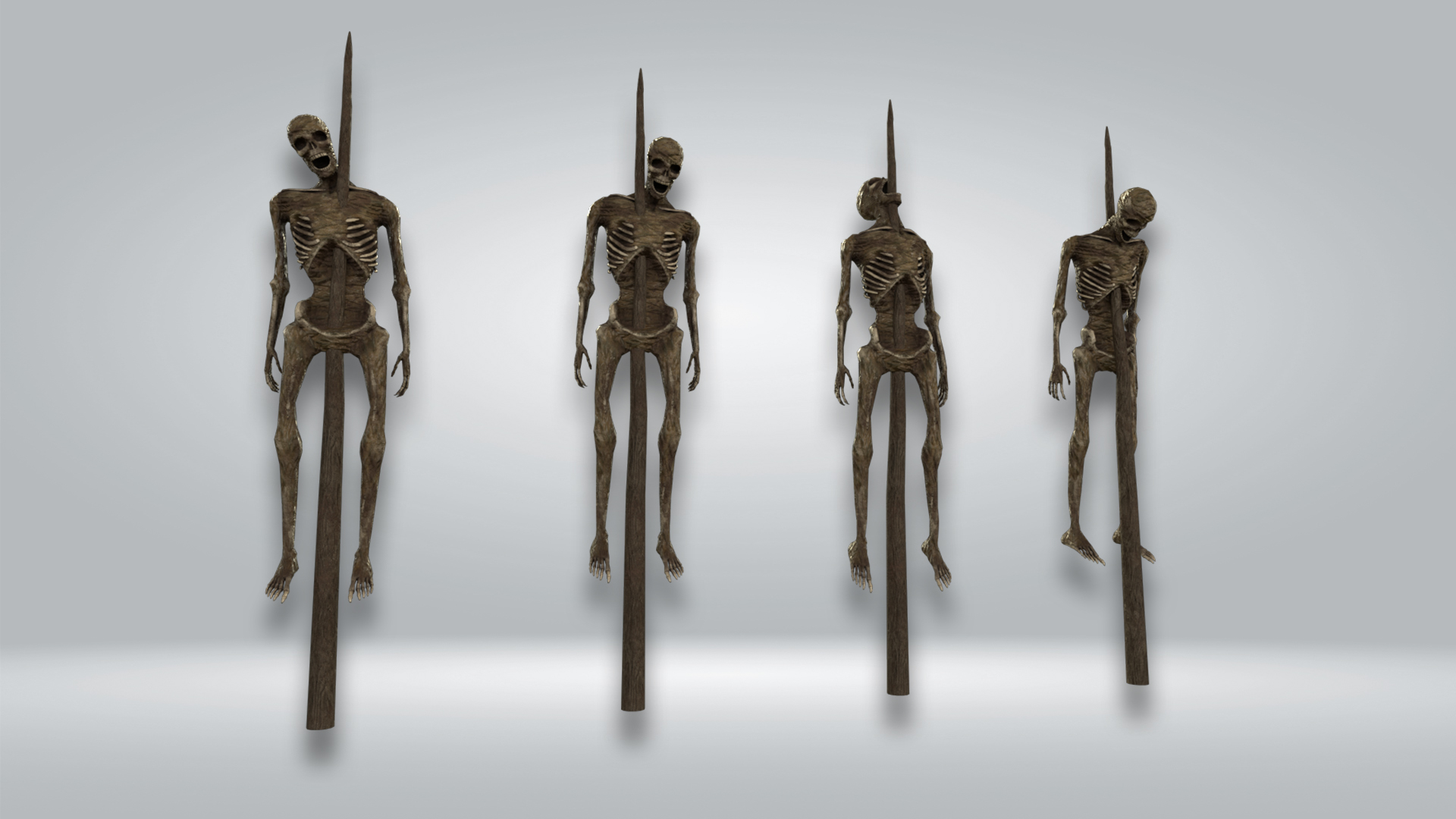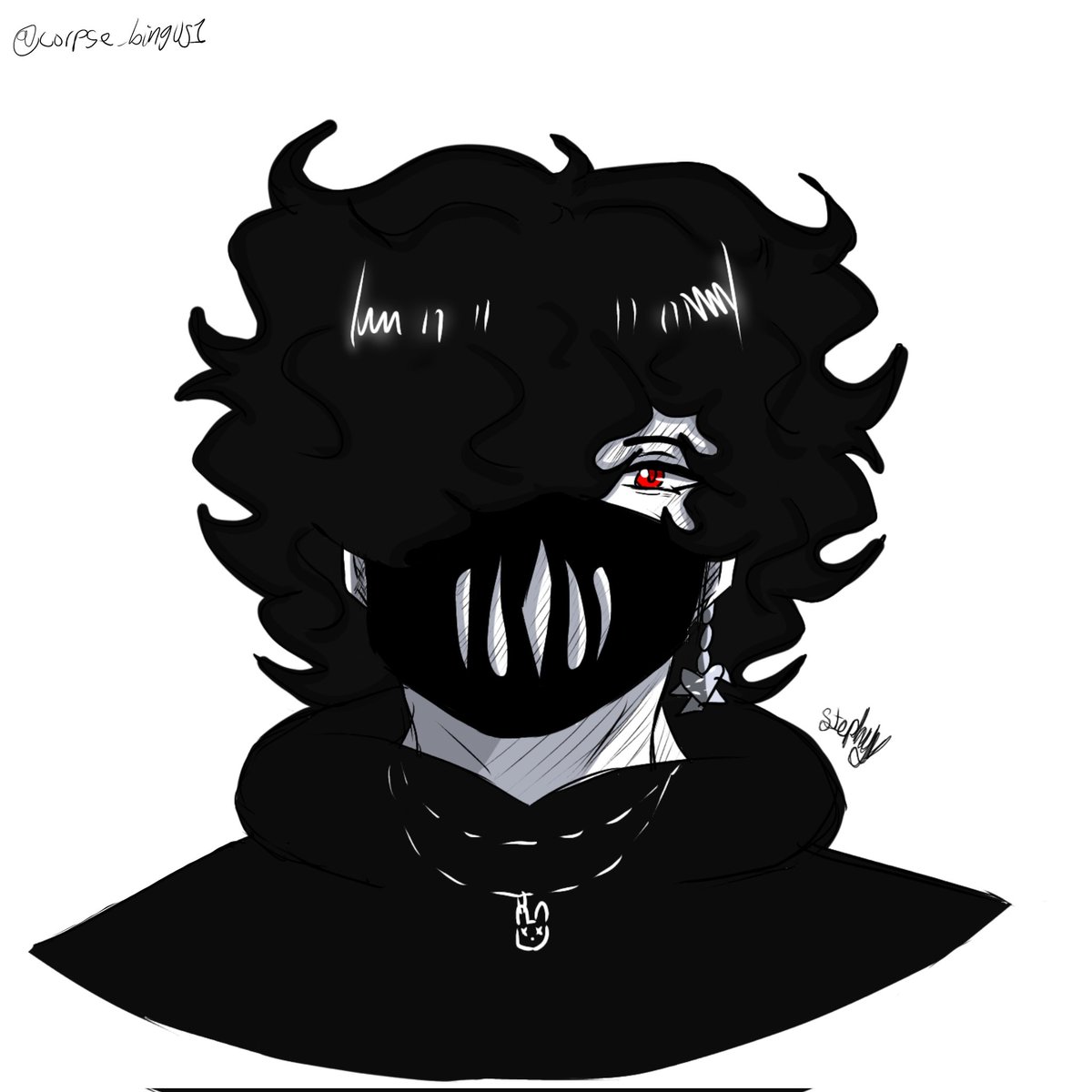Words, you know, they really hold a lot of weight, don't they? Sometimes, a single word can carry so many different shades of meaning, and how we use it can change everything about what we're trying to say. It's almost like each word has its own story, waiting for us to uncover it.
We often come across words that seem straightforward at first, but then, if you look a little closer, you find they have surprising twists or even a few hidden definitions. It's pretty interesting, actually, how language works that way, allowing for so much flexibility and even some playful uses. You might think you know a word completely, and then, you know, it just throws you a curveball.
Today, we're going to take a closer look at "corpse dot 01," a term that, on the surface, seems pretty clear. Yet, as we dig in a little, we'll see it has some interesting facets and even some unexpected ways people use it in conversation. So, let's explore this word together, shall we, and see what makes it tick.
Table of Contents
- What Does "corpse dot 01" Really Mean?
- How Do People Use "corpse dot 01" in Everyday Talk?
- Untangling Tricky Words - Is "corpse dot 01" Like "Core" or "Corps"?
- Why Does Understanding "corpse dot 01" Matter?
What Does "corpse dot 01" Really Mean?
When you hear the word "corpse," what comes to mind first? For most people, it's pretty clear, really. It generally points to a body that no longer has life, especially a person's body. That's its most common meaning, the one we hear most often in stories or, you know, in serious discussions. It paints a picture of something still, something that has stopped moving, which is, honestly, a pretty powerful image.
However, and this is where it gets a little interesting, the word can actually refer to a human or an animal body, whether it's living or not. Now, that second part, "living or dead," might seem a bit odd, since we usually associate it with the absence of life. But, in some older uses, or perhaps in more specific, less common contexts, the word "corpse" could, in a way, just refer to the physical shell, the bodily form itself, without necessarily implying that life has left it. It's a subtle point, but it shows how language can have these slightly different layers of meaning. So, when you think about "corpse dot 01," it's usually the idea of a body without life, but there's that tiny sliver of a broader definition floating around.
So, to be really clear, when people talk about a "corpse," they're almost always talking about a dead body, typically a person's. That's the primary, everyday sense of the word. It's the picture that forms in your head, the one that makes immediate sense in most conversations. The other interpretation, about a living body, is more of a historical or very specialized usage that you probably won't bump into very often in casual conversation. It’s a good example of how words can have a main road and then, you know, these little side paths that are rarely traveled.
More Than Just a Still Body - Exploring the Nuances of corpse dot 01
Thinking about "corpse dot 01" a bit more, it's not just a simple label. It carries a certain weight, a kind of seriousness that other words for a body might not. For example, you wouldn't typically use "corpse" to talk about someone sleeping soundly, right? That would sound, well, pretty strange. The word itself brings with it a sense of finality, of something having ended. It's a word that, basically, makes you pause.
When someone uses "corpse," it often implies a body that has been found or is being dealt with in some way, rather than just any dead body. It's not just "a dead body," but "the dead body," if that makes sense. It gives a kind of specific identity to the remains, suggesting they are the focus of attention for a particular reason, perhaps in a medical setting, or a legal one, or just, you know, in a narrative where a discovery has been made. So, it's not just the definition, but also the feeling and context that come with the word "corpse dot 01" that are important to grasp.
It's interesting, too, how the word can sometimes be used in a figurative way, which we'll touch on a little later. But for now, just keep in mind that while the primary meaning of "corpse dot 01" is a dead human body, there's a subtle distinction in its use that makes it more specific than just saying "a dead body." It's like, it has a certain dignity or, you know, a certain gravity attached to it, even in its stillness. This subtle difference is pretty important when you're trying to pick just the right word for what you want to express.
How Do People Use "corpse dot 01" in Everyday Talk?
So, how do people actually use the word "corpse" in a sentence? Well, most of the time, it's used quite directly. You might hear something like, "The police discovered a corpse near the old mill," which is, you know, a pretty straightforward application of the word. It's about reporting a factual event, keeping things clear and to the point. Or perhaps, "The medical examiner studied the corpse to learn more," again, a very direct and specific use within a professional setting. These examples show the word doing its main job, which is to identify a body that has no life.
Sometimes, though, the word might appear in a slightly more descriptive way, painting a picture. For instance, "The old house felt cold and empty, like a corpse itself," which uses the word to convey a feeling of lifelessness or desolation about a place. Here, "corpse" is used to create an atmosphere, to make you feel the absence of warmth or activity. It's not literal, of course, but it borrows the strong imagery of a still, cold body to describe something else. This shows how a word can, you know, stretch its meaning a bit to add color to a description.
You might also find it in literature or, you know, in older texts, where it might be used to refer to the physical form in a more general sense, without the grim implication. But in modern, casual speech, that's pretty rare. Mostly, when someone says "corpse," they mean a body that has passed away. It's generally a word that commands attention because of its serious nature. So, when you're thinking about how to use "corpse dot 01," remember its common, serious application first, and then consider if there's a less common, more evocative way you might use it to make a point.
When "corpse dot 01" Makes You Giggle - A Surprising Use
Now, here's a truly surprising twist for "corpse dot 01." Believe it or not, this word, which usually brings to mind something quite solemn, also has a very different, rather funny meaning, especially in performance. Have you ever heard someone say they "corpsed" on stage? This has absolutely nothing to do with a dead body, literally speaking. Instead, it means to start laughing in a way you just cannot control, especially when you're supposed to be serious, like during a play or a comedy sketch. It’s pretty unexpected, right?
Imagine an actor in a very serious scene, and then, you know, something just strikes them as hilarious, and they can't stop giggling or laughing out loud. That's "corpsing." It breaks the illusion, of course, and it can be quite embarrassing for the performer, but it's often incredibly funny for the audience, especially if they catch on to what's happening. This particular usage is pretty common in theater and comedy circles. It's a bit of insider slang, you might say, that gives the word "corpse dot 01" a completely different, much lighter, and honestly, a much more human feel.
This informal meaning is a great example of how language can evolve and how words can take on, like, totally unexpected secondary lives. It's a playful use of a word that usually carries so much gravity. So, next time you hear someone say they "corpsed," you'll know they weren't talking about a body without life, but rather, they just couldn't keep a straight face. It’s quite a delightful contrast to the word’s main meaning, showing just how flexible and, you know, sometimes silly language can be. It’s pretty much a unique instance of "corpse dot 01" bringing a smile to your face, rather than a somber thought.
Untangling Tricky Words - Is "corpse dot 01" Like "Core" or "Corps"?
English, you know, can be a bit tricky sometimes. We have words that sound very similar or even look alike, but they mean completely different things. This can lead to some confusion, especially when you're trying to write clearly or just understand what someone is saying. "Corpse" is one of those words that has a few sound-alikes that can trip people up. It's pretty common to mix them up, honestly, because they share some letters and a similar sound. So, let's take a moment to really sort out "corpse" from "core," "corps," and "corp," so you can use each one with confidence. It's, like, a really useful exercise for anyone who cares about precision in their words.
These words, while they might seem related at first glance, actually come from different places or have, you know, evolved to mean very distinct things. Understanding these differences isn't just about being correct; it's about being understood. It helps you avoid misunderstandings and ensures that your message is clear. So, when we talk about distinguishing between "core" and "corps" and "corpse" and "corp," we're really talking about making sure your communication is as precise as it can be. It’s pretty important for getting your point across without any fuzziness, you know.
Getting to the Heart of "Core" Versus "corpse dot 01"
Let's start with "core." This word, while it sounds a bit like "corpse," means something entirely different. "Core" generally refers to the central part of something, the very middle, or the most important part. Think of the core of an apple, that firm bit in the middle. Or, you know, the core of the Earth, which is its hot, dense center. It's about centrality and essence. So, when you talk about the "core values" of a company, you're talking about the most fundamental beliefs that guide it. It’s pretty much the heart of the matter.
So, you see, "core" is about what's essential, what's at the heart of something, what makes it what it is. It's about the fundamental nature or the innermost part. There's no connection here to a body, living or dead. It's a concept that points to the central truth or structure. It’s, like, completely separate from "corpse dot 01." The sounds might be similar, but their meanings are, you know, worlds apart. Keeping this distinction clear is, honestly, a big help for anyone trying to be precise with their language. It helps you avoid, basically, any confusion that might pop up.
For example, you might say, "The core of the issue was a lack of communication," meaning the main problem. Or, "She strengthened her core muscles," referring to the central part of her body that supports her. In both cases, "core" points to a central, vital element. It's pretty clear that it has nothing to do with "corpse dot 01," which, as we've talked about, refers to a body that has no life. The difference is, you know, pretty stark when you think about it.
Understanding "Corps" and How It Differs from "corpse dot 01"
Next up is "corps." This word, spelled C-O-R-P-S, sounds exactly like "core" and "corpse" when you say it out loud, but its meaning is, again, very different. "Corps" typically refers to a group of people acting together, especially a military unit. Think of the Marine Corps, for example, which is a branch of the armed forces. It's a collective body, a team with a shared purpose. It’s pretty much about people working as one unit.
You might also hear it used in other contexts, like the Peace Corps, which is a group of volunteers working on international development. Or a "press corps," which is a group of journalists covering a particular event or institution. In all these cases, "corps" is about a body of people, a collective, rather than a single physical body. It’s about, you know, a group identity and shared action. So, while it shares a similar sound with "corpse dot 01," its meaning is focused on living, active groups of individuals.
The key thing to remember is that "corps" refers to a living, organized group, while "corpse dot 01" refers to a body that has no life. One is about collective action and organization; the other is about stillness and the absence of life. It’s a pretty important distinction, especially if you're writing about military matters or volunteer groups. Misusing these could, you know, lead to some pretty awkward misunderstandings. So, just be mindful of the context when you see or hear this word.
What About "Corp"? Distinguishing it from "corpse dot 01"
Finally, let's talk about "corp." This one is often an abbreviation, most commonly for "corporation." A corporation, as you know, is a legal entity, a type of business structure. So, when you see "Corp." after a company name, it's short for "Corporation." It’s pretty much a shorthand for a business. It’s, like, a really common sight in the business world.
Sometimes, "corp" can also be a root word related to "body," as in "corpus," which means a body of writings or a collection. But in everyday usage, "corp" standing alone is almost always a shortened form of "corporation." It has absolutely nothing to do with a physical body, living or dead. It's purely about business or, you know, a collection of works. So, it's pretty far removed from "corpse dot 01" in terms of meaning.
So, to recap, "corp" is usually about businesses or collections of things, while "corpse dot 01" is about a body that has no life. The sound might be similar, but their meanings and the contexts in which you use them are entirely different. Keeping these distinct in your mind will help you communicate with much greater precision and avoid, you know, any little linguistic mishaps. It’s really just about paying a bit of attention to those small but significant differences.
Why Does Understanding "corpse dot 01" Matter?
Why bother going through all these nuances and distinctions for a single word like "corpse dot 01"? Well, it really comes down to clarity and respect, in a way. Using words precisely helps us communicate our thoughts without confusion. When you know the exact meaning of a word, and how it differs from similar-sounding terms, you can express yourself more effectively, whether you're writing something important or just chatting with friends. It's pretty much about being understood.
Beyond just being clear, words carry weight, especially a word like "corpse." Understanding its primary meaning and its less common uses, like the one in performance, means you can choose your words carefully. It shows a certain thoughtfulness in how you speak or write, which, you know, people tend to appreciate. It’s about honoring the language and making sure your message lands just right. So, knowing the ins and outs of "corpse dot 01" is, honestly, a small but significant step in becoming a more skilled and considerate communicator.
In essence, paying attention to words like "corpse dot 01" helps us build better bridges of communication. It lets us share ideas with greater accuracy and, you know, avoid those little bumps in the road that can come from misinterpreting a word. It's pretty much about making sure everyone is on the same page, which is, at the end of the day, what good communication is all about. So, the effort to truly grasp a word’s full scope is, arguably, always worth it.
This article has explored the various meanings and uses of "corpse dot 01," from its primary sense as a human or animal body without life, to its surprising informal use in performance to describe uncontrollable laughter. We also looked at how to use "corpse" in a sentence and, importantly, distinguished it from similar-sounding words like "core," "corps," and "corp," highlighting their distinct meanings and contexts. The goal was to provide a clearer picture of this word and its linguistic neighbors.


